Lest we Forget the Anzacs, but must we remember the Queen?
In an oath that has barely changed since Australia federated, anyone enlisting in the Australian Defence Force (ADF) today - Army, Air Force or Navy - must swear that they "will well and truly serve Her Majesty Queen Elizabeth the Second, Her Heirs and Successors according to law ... and resist Her enemies."
You what? Is there a single member of the 80,000-strong ADF that signed up to serve the Queen and resist her enemies? What about Australia's enemies? Surely they deserve a mention as well?
The truth is that despite close ties, Australia's interests do not always align with those of Great Britain. Prime minister John Curtin made this abundantly clear during the dark days of 1941 when he said:
Without any inhibitions of any kind, I make it clear that Australia looks to America, free of any pangs as to our traditional links or kinship with the United Kingdom.
And this is not some obscure historical point either. Regardless of the bonds forged by a partially shared history, Australia and the UK have not always shared a common foe in the years since World War II. For example, Australia remained neutral when Great Britain went to war with Argentina over the Falkland Islands (also known as the Malvinas) in 1982. And the opposite applied when Australia committed troops to the Vietnam War.
So if the oath to serve Queen Elizabeth and resist her enemies no longer rings true, then why do we make our service personnel say it? Well I'm blowed if I know. Such inertia was not always the rule in Australia. In 1994, prime minister Paul Keating and his government saw fit to replace the Oath of Allegiance with a Pledge of Commitment for new Australian citizens. And what a beauty it is:
From this time forward, [under God,]
I pledge my loyalty to Australia and its people,
Whose democratic beliefs I share,
Whose rights and liberties I respect, and
Whose laws I will uphold and obey.
Sure, they are just words, and inevitably a small percentage of citizens will not rise to meet such lofty aspirations. Yet what an inspiring affirmation of what it is to be an Australian for those not born into citizenship but instead choosing to take the step with full knowledge of the rights and responsibilities it entails.
And while I would never speak for the men and women of the ADF, I guess that the above pledge goes much closer to capturing their reasons for serving than the Oath of Allegiance.
It remains that there is no good reason why our federal politicians (yes, them too) and service men and women still pledge allegiance to the Queen over the Australian people - apart from the fact that we haven't got around to changing it yet. And that is simply not good enough.
Just as it is not good enough to unquestioningly wave through a new iteration of our five dollar note without stopping to think whether there might be an Australian worthy enough to feature, we need to do better than perpetuating tired platitudes.
And here's why. When any Australian is required to pledge allegiance to the Queen, we are implicitly accepting that there can be a higher authority than the Australian people and that this authority is rightly held by the British Royal family. This just doesn't ring true for a country that commonly addresses its prime ministers by their first names.
Exactly the same arguments apply to the broader issue of an Australia republic. If you agree that the primary allegiance of any Australian should be to Australia and its people then surely it is not a big leap to suggest that we should also be represented by an Australian as our head of state.
Anzac Day provides an opportunity to reflect on the service and sacrifice of so many generations of veterans. It is also an annual reminder of how much our military has changed in line with Australia's broader values.
This will be evident across the nation as men and women from an array of faiths and backgrounds participate in memorials and marches as veterans and serving members of the ADF.
Our military is a stronger institution when it most closely reflects the society that it represents and serves. Australian of the Year and prominent republican David Morrison understood this when he tackled entrenched sexism head on as Chief of Army.
That's why this Anzac Day I'll be raising a glass to our service men and women. But I'll being doing so in honour of their sacrifice and dedication for, and on behalf of, the Australian people - not some vague and outdated notion of Queen and country.
Tim Mayfield, National Director
This piece was first published by ABC's The Drum
